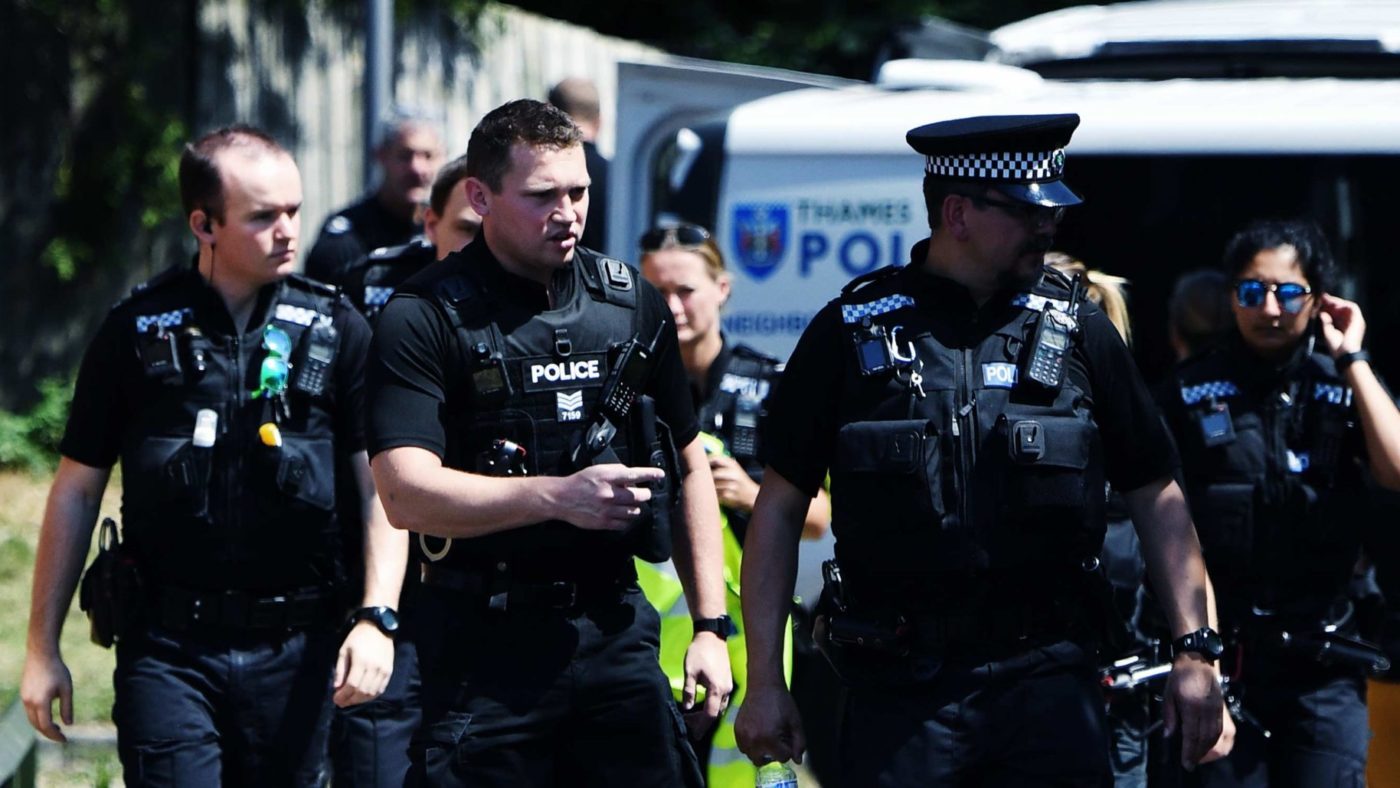As we seek to recover from the greatest public health crisis in a generation, terrorism continues to rear its cowardly face: in Reading a month ago (the fourth UK terrorist incident since November), in London and Leicester – which saw a wave of arrests by counter-terrorism officials recently – and in the face of Shamima Begum, the jihadi bride now desperate to return to the country whose demise she supported. It is deeply unfair that my former colleagues in the UK intelligence and counter-terrorism community continue to come in for criticism. Let me explain why.
Firstly, let’s look at the numbers. The security services are actively monitoring 3,000 volatile terrorist suspects at any one time. There are 40,000 extremist sympathisers on MI5’s watch list, and 25 terror plots have been broken up by the security services in the past three years (that we know of). To surveil an individual on a 24/7 basis requires 10-12 officers, so to monitor 3,000 of the most dangerous individuals requires a huge amount of resource.
Therefore difficult decisions have to be made about who to follow and who to ‘release’, and that process is rarely clear cut. As Sir Mark Rowley, the Met’s former assistant commissioner for specialist operations has said, “in that 40,000 are lots of volatile people who dip in and out of interests in extreme ideology”. But all of this rather misses the point. It’s like placing a bucket below a leaking roof, and the Met only have so many buckets. We need to fix the roof and that means tackling the root causes of extremism – a battle that has been made much harder by Covid.
Extremists thrive in times of crisis, and the pandemic has sadly offered them an extraordinary opportunity to pollute the minds of the most vulnerable in society – the very group who dip in and out of extreme ideology – and who are likely to be hardest hit in the recession to come.
Terrorist groups such as the Islamic State have styled this an “Islamised pandemic” and used it in their information warfare to intensify criticism of the West. Salafist preachers have used the pandemic in a similar way. In New York, a representative of the Muslim Brotherhood called for the deliberate infection of the Egyptian authorities, and a long list of Islamist groups have stressed that Covid-19 was probably some kind of divine retribution.
So what can we do? Firstly, we need to stop extremists from exploiting gaps in existing laws to push their agendas. The rise in anti-Semitism in UK is a perfect example of how hateful extremism can grow relatively unchallenged.
The UK also desperately needs a new counter-extremism strategy. The last was published five years ago and the enemy has evolved. Hateful extremists feed on community tensions. We know that the number of participants in the government’s Prevent programme has fallen by half. Counter-extremism measures need to reflect a detailed understanding of how extremism manifests itself locally and, unlike partners on the European continent, that is missing in the UK.
For example, across Europe, law enforcement agencies have warned about the consequences of funding of religious and educational institutions by charities from the Middle East who are often influenced and guided by their countries’ governments.
‘The one who pays decides’ is often heard in these circles, and we have seen a worrying rise in financial support from countries like Qatar and Turkey. In Germany, it is well documented that a large number of Turkish mosques are supported by Diyanat, Turkey’s directorate for religious affairs and there are examples of mosque leaders reporting on political enemies of President Erdogan to the Turkish Embassy. In France, the Government has adopted an Al Capone strategy – targeting members for low-level offences – to dismantle groups like the Institut Européen Des Sciences Humaines, which it alleges acts as a recruitment and training organisation for the Muslim Brotherhood. These are not easy choices but behaviour that undermines the authority of nation states simply must be challenged.
In the Netherlands a parliamentary commission is looking at developing a transparency law that would make it mandatory to declare where the money for religious institutions is coming from. There are indications that the Dutch government wants to take it a step further and ban foreign funding of religious institutions all together. Policymakers should take a bold step and finally cut the ties to foreign-controlled entities.
Finally, we need to see greater digital provision of de-radicalisation services. As lockdown is eased, there are thousands of volatile individuals whose life opportunities will be reduced by a wave of job losses, and whose hatred of the West will have been hardened.
These steps will all help with the fight against extremism. In the meantime, I urge my friends in the UK to give the intelligence community a break; they’ve been working in overdrive to stop the leaks as the roof collapses above them.
Click here to subscribe to our daily briefing – the best pieces from CapX and across the web.
CapX depends on the generosity of its readers. If you value what we do, please consider making a donation.


